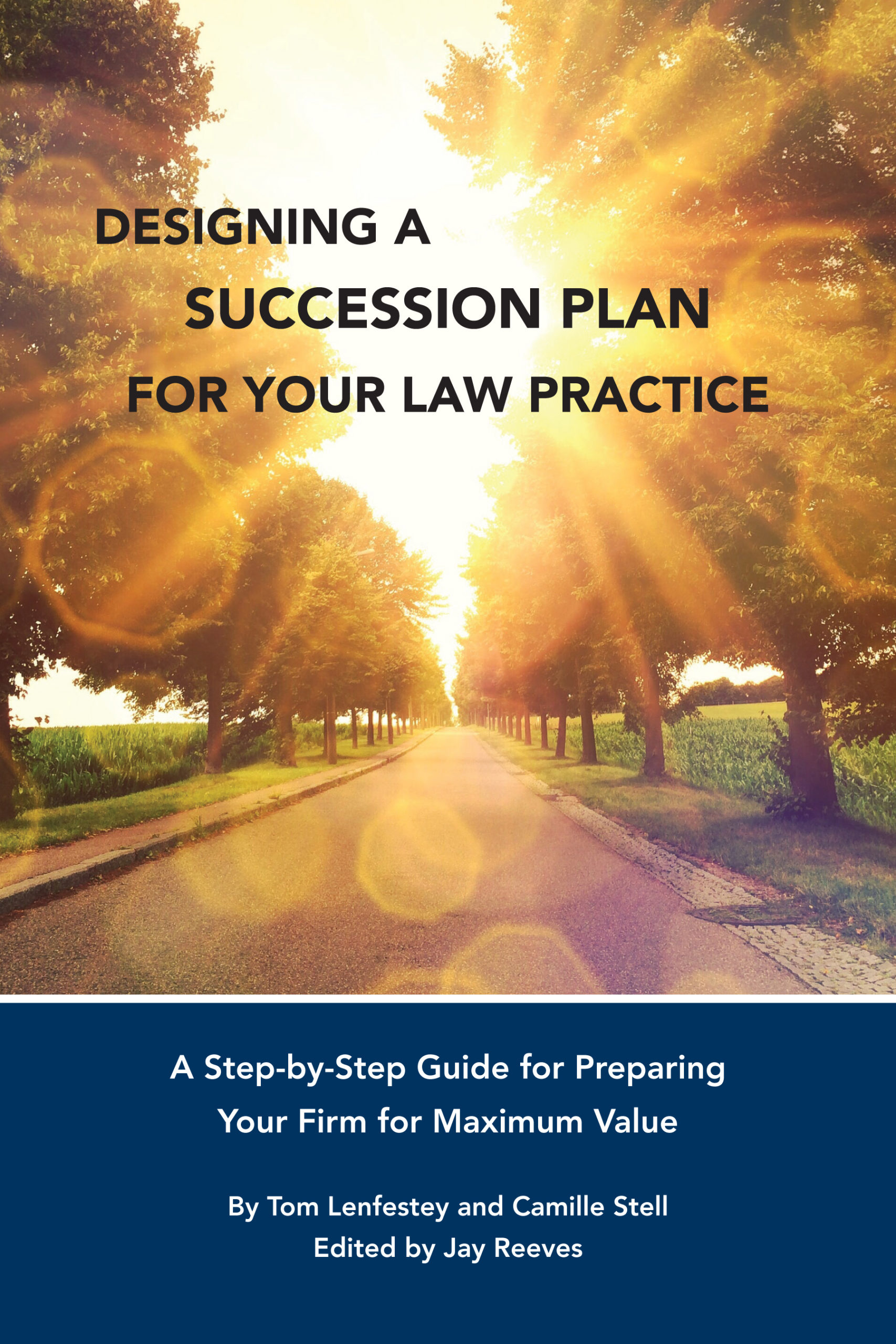
According to the 2021 ABA Profile of the Legal Profession, the COVID-19 pandemic prompted one-third of senior lawyers to change retirement plans — but that doesn’t mean they decided to retire. Instead, 53% of those lawyers decided to push the pause button. Disrupted income may be one reason — but as Camille Stell points out, there are other reasons lawyers avoid retirement.
Have you noticed how reluctant lawyers are to discuss retirement? The mere mention of the change causes discomfort. You might recognize these five obstacles to discussing your retirement:
- Loss of identity
- Reluctance to leave
- Fears about transitioning
- Inertia
- Failure to succession plan
Obstacles and Actions for Planning Retirement
Being aware of the obstacles is the first step.
1. Loss of Identity (“Who am I if I’m not a lawyer?”)
Our local bar has an annual 50-year lawyer celebration lunch. Many of the lawyers who attend are still practicing. Loss of identity is a big factor in why they continue to do so. It is hard to imagine stepping away from the firm you built, the professional identity you have become. Everyday activities such as introductions likely include the fact that you are a lawyer. Learning to find an identity for yourself outside of law will be a challenge, but you can do it.
- Action: Begin with an inventory of all the things you are: spouse, partner, parent, grandparent, parishioner, community member, mentor. Then start a list of all the things you can be: volunteer, teacher, mentor, athlete, gardener, hobbyist, author, photographer. The list is endless.
2. Reluctance to Leave the Law Firm
It is impossible to imagine not coming into the office. The same is true of leaving behind longtime staff members, as well as clients who need you. You worry about the impact your leaving will have on lawyers remaining in the firm. But is it possible that your longtime paralegal would love to retire, too, and she’s just waiting on a cue from you? Could it be that your clients will be in good hands with other lawyers in the firm? Is it likely your partners want to create a succession plan that works for you today so that it will also work for them in the future? You will never know until you ask.
- Action: Start talking today to the people you care about to see what they think about the future.
3. Fears About Transitioning
There is a fear of change, fear of letting go, fear of what to do in retirement, fear of not feeling useful. So much fear. But you can reduce the fear, in part by addressing it.
- Action: Allow yourself to sit with your fear, and to address each fear individually. Facing your fear will allow you to change the script. “What will I do in retirement?” can become, “There is so much I have not done because of professional obligations, it will be nice to try painting again, or yoga or salsa dancing.”
4. Inertia
It is easier to do nothing than something. Or to keep doing the same thing — in your case, sitting at your desk, running your practice, handling client work. Instead, take small steps toward thinking about retirement.
- Action: Mark your calendar now to take extended time off in the summer. Schedule an extended vacation at year-end. Start working a four-day workweek whenever you can. Create a checklist of “to-do” items that would move you toward retirement.
5. Failure to Succession Plan
Succession planning benefits you, your clients and your law firm. Are you worried about a lack of viable, qualified successors? You will never know the potential for successors if you don’t start to plan. Are you worried about the reaction of clients, and those in your office? You might be surprised to find that they are excited at your courage in addressing a difficult topic. Succession planning doesn’t have to mean you stop working today. Having a plan in place gives you a measure of control over the future.
- Action: Create a framework for identifying qualified successors. Develop a list of activities and ethics obligations that will be involved when you start to step back from practice.
You can choose your path by making a proactive decision rather than reacting to the circumstances that will inevitably come your way. Being aware of the obstacles is the first step.
About The Author
Camille Stell

Camille Stell is the President of Lawyers Mutual Consulting & Services and the co-author of Designing A Succession Plan for Your Law Practice: A Step-by-Step Guide for Preparing and Packaging Your Firm for Maximum Value. Continue this conversation by contacting Camille at camille@lawyersmutualconsulting.com or 800.662.8843.



